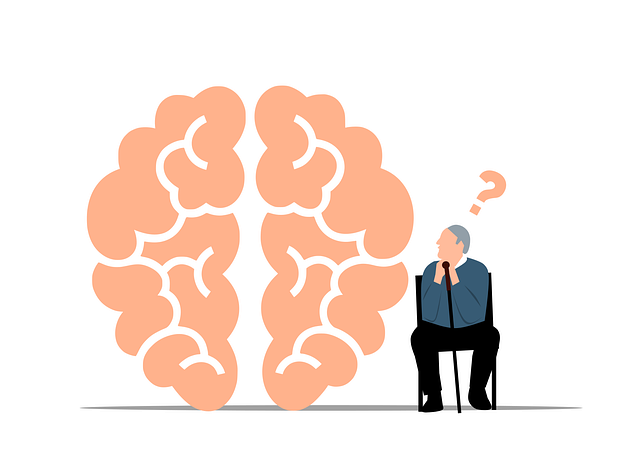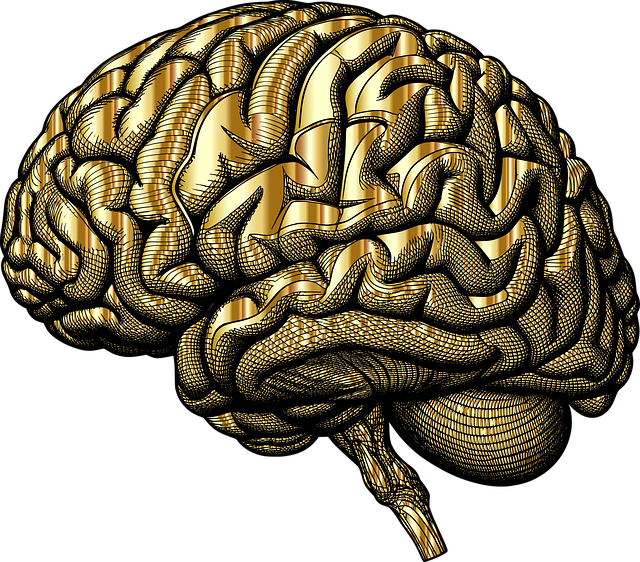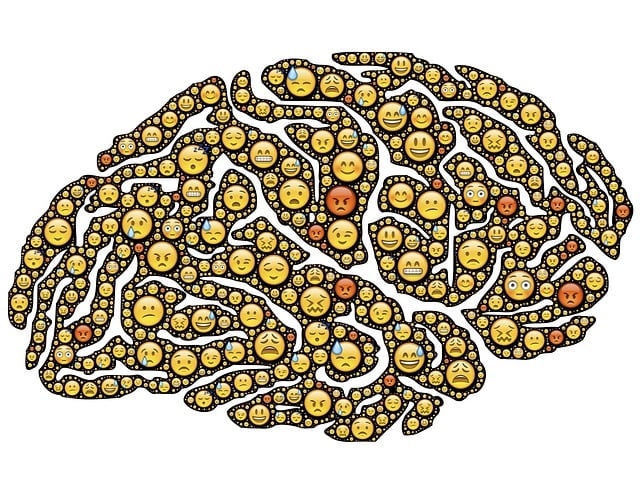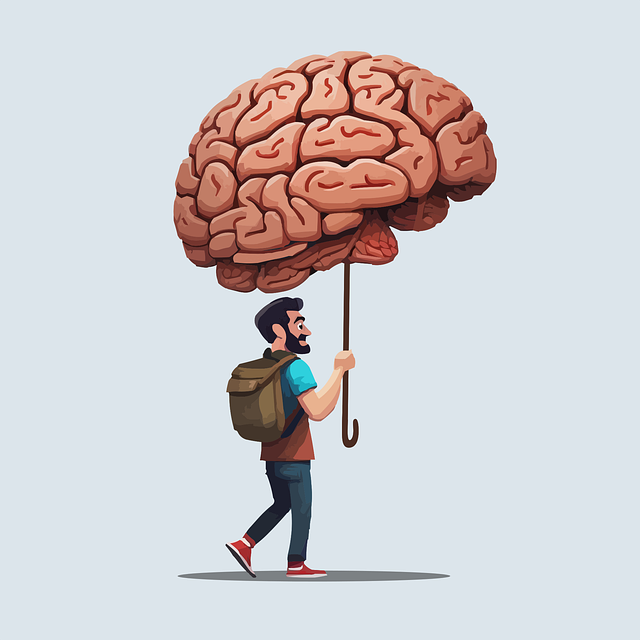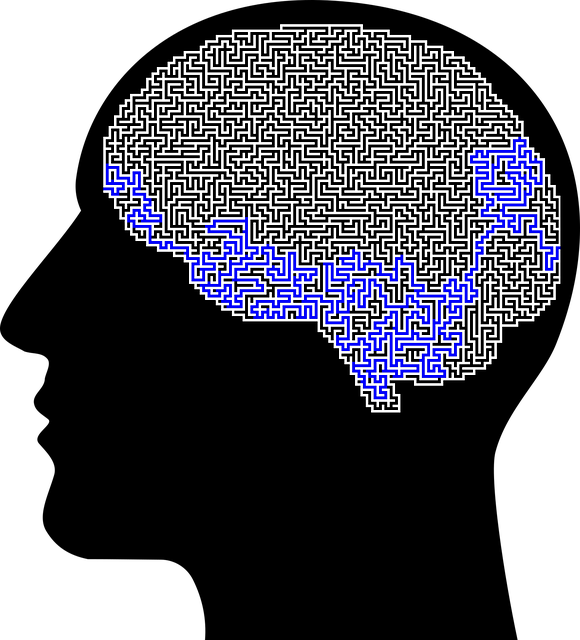In today's stressful world, mental health education is vital, with programs like Lone Tree Interpersonal Issues Therapy offering solutions. These programs teach communication and conflict resolution skills, risk management planning, and emotional regulation to individuals and professionals. Tailored to diverse needs, they use interactive activities, multimedia, and real-life scenarios for engagement. Structured curriculum, regular evaluations, and feedback analysis ensure effectiveness in building resilience, coping skills, and mental wellness, ultimately fostering a healthier community.
In today’s fast-paced world, mental health education programs are more crucial than ever. These initiatives play a pivotal role in fostering resilience and promoting well-being, especially among individuals navigating interpersonal issues. This article delves into the design of comprehensive programs, addressing the growing need for mental health support. We explore target audiences, from students to working professionals, each with distinct challenges. By discussing core components, engaging content, and evaluation strategies, this guide offers valuable insights, highlighting the impact of programs like Lone Tree Interpersonal Issues Therapy.
- Understanding the Need for Mental Health Education Programs
- Identifying Target Audiences and Their Unique Challenges
- Core Components of an Effective Program
- Designing Engaging Content and Activities
- Implementing and Evaluating the Program's Success
Understanding the Need for Mental Health Education Programs

In today’s fast-paced world, mental health education programs are more crucial than ever to address the growing need for improved well-being and resilience. With issues like stress, anxiety, and interpersonal conflicts becoming increasingly prevalent among individuals of all ages, there is a pressing requirement for accessible resources that promote emotional regulation and social skills training. Lone Tree Interpersonal Issues Therapy highlights this necessity by focusing on the development of effective communication strategies and conflict resolution techniques, which are essential components of overall mental health.
These programs serve as valuable tools not only for individuals seeking personal growth but also for mental health professionals who require comprehensive risk management planning. By integrating Social Skills Training and teaching emotional regulation techniques, such programs empower participants to navigate challenging situations with greater ease and confidence. This proactive approach ensures that individuals are equipped to manage their mental health proactively, fostering a more balanced and fulfilling life.
Identifying Target Audiences and Their Unique Challenges

Identifying the target audience is a crucial step in designing an effective mental health education program. This process involves understanding the unique challenges faced by various groups within society. For instance, a program tailored for healthcare providers might focus on burnout prevention strategies, given their high-stress work environments and demanding schedules. Similarly, young adults navigating college or entering the workforce can benefit from workshops on stress reduction methods to manage academic or professional pressures.
When considering lone tree interpersonal issues therapy, it becomes evident that building empathy is a powerful tool. Incorporating empathy-building strategies in education programs can foster understanding between individuals from diverse backgrounds, helping them recognize and support each other’s mental health struggles. This approach not only benefits the targeted audience but contributes to creating a more compassionate and resilient community overall.
Core Components of an Effective Program

An effective mental health education program should incorporate several key components to ensure it addresses the diverse needs of participants. Firstly, integrating Lone Tree Interpersonal Issues Therapy can provide valuable insights into managing social interactions and resolving conflicts, fostering a supportive environment. This therapeutic approach encourages self-awareness and effective communication, which are essential in navigating interpersonal challenges.
Additionally, the program should offer crisis intervention guidance, equipping individuals with tools to handle emotional crises promptly. Teaching burnout prevention strategies is another critical aspect, as it empowers participants to recognize signs of mental exhaustion and implement sustainable coping mechanisms. Underpinning these practices are the Mind Over Matter principles, which promote positive thinking and resilience, enabling individuals to take control of their mental well-being.
Designing Engaging Content and Activities

Designing engaging content is a crucial aspect of creating an effective mental health education program. To capture and maintain participants’ interest, incorporate interactive activities that encourage active learning and personal reflection. For instance, group discussions centered around real-life scenarios can help individuals process their experiences and develop coping strategies, fostering a sense of community and shared understanding. Role-playing exercises tailored to address Lone Tree Interpersonal Issues Therapy techniques allow participants to practice and receive feedback, enhancing their ability to navigate challenging situations with increased confidence and resilience.
Leveraging diverse learning materials, such as multimedia presentations, case studies, and personal narratives, ensures that different learning styles are accommodated. Relating concepts to everyday life experiences facilitates better comprehension and retention. Moreover, integrating activities focused on building resilience, cultivating mental wellness, and exploring emotional healing processes can empower participants with practical tools for managing stress, improving self-awareness, and promoting overall well-being.
Implementing and Evaluating the Program's Success

Implementing a mental health education program like Lone Tree Interpersonal Issues Therapy requires a structured approach to ensure its success and measure its impact. The initial phase involves designing curriculum that addresses key areas such as resilience building, coping skills development, and mental wellness. This includes tailoring content to suit diverse learning styles and incorporating interactive activities to foster engagement. Once implemented, regular evaluations are crucial to assess the program’s effectiveness.
Metrics for evaluating success can range from participant satisfaction surveys to tracking improvements in mental health indicators. By gathering feedback and analyzing outcomes, educators can identify areas needing refinement. This iterative process allows for continuous improvement, ensuring the program remains relevant and impactful in promoting mental wellness among participants, ultimately fostering a healthier and more resilient community.
Mental health education programs, such as those addressing Lone Tree interpersonal issues therapy, are essential tools for fostering community well-being. By understanding specific audience needs, incorporating engaging content, and implementing robust evaluation strategies, these programs can significantly impact individual mental health and overall societal resilience. Effective design ensures accessibility and encourages open dialogue, ultimately revolutionizing the way we approach interpersonal challenges.


